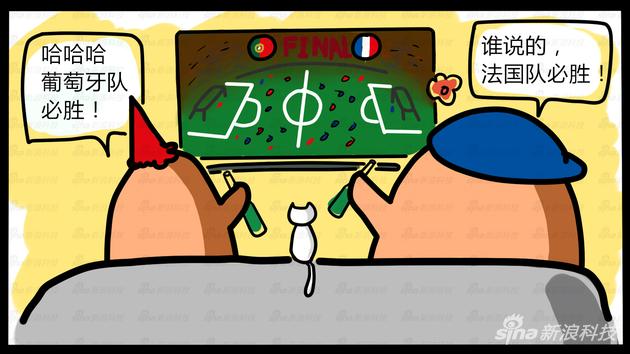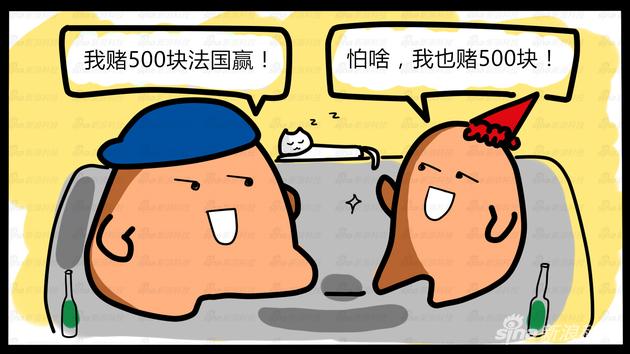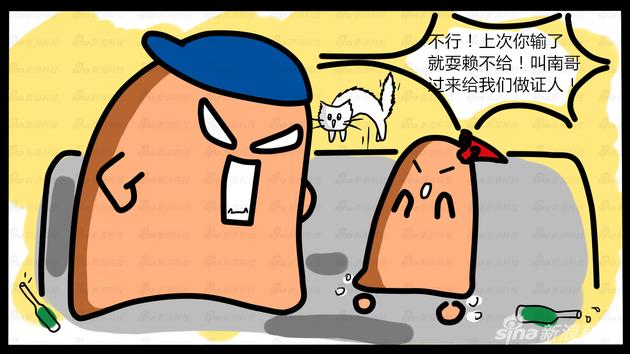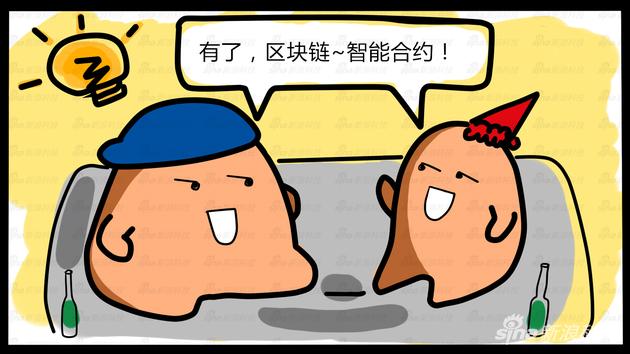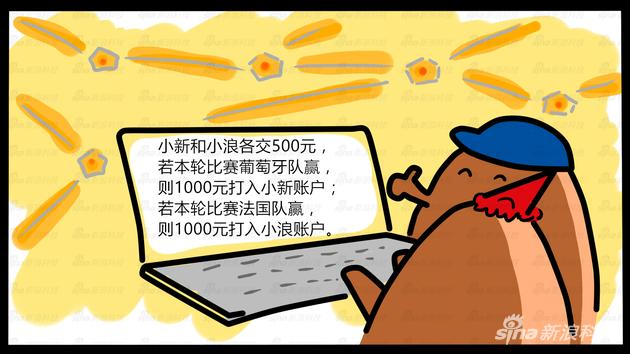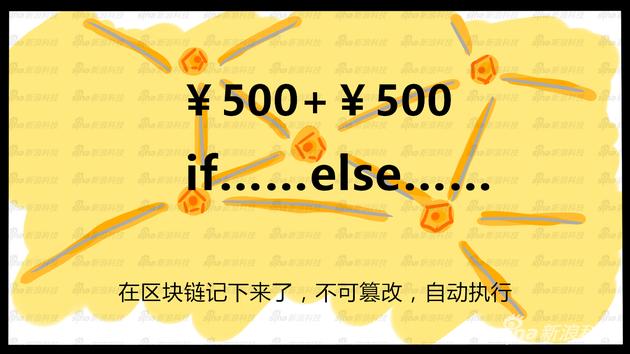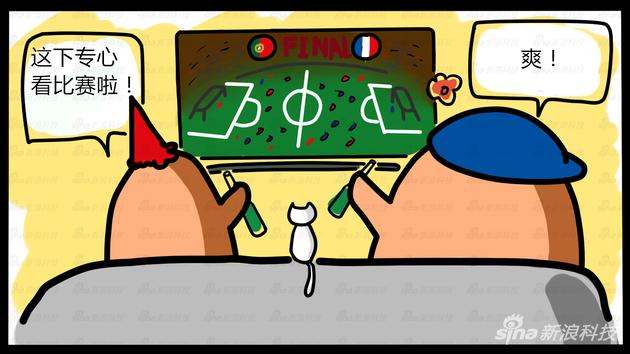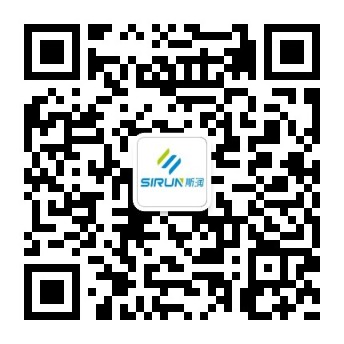
In the story of the "old village head" we have talked about before, we use "ledger" to introduce the concept of "block chain", that is, block chain is a public record book, which has the characteristics of de-centralization and non-tampering.
Remember the example we talked about at that time, "proving my mother is my mother"? This belongs to the category of solving notarization and certification in the application of block chain technology. Once the block chain technology is used, similar difficult problems will become easy to solve.
Beyond that, what are the applications of block chain technology in the big data age? Next, let's talk about the areas where block chains can be applied.
1.Smart Contracts
Smart contract has a broader definition: according to the programmable characteristics of block chain, people can put the contract into code form on the block chain and execute it automatically under agreed conditions, which is called smart contract. It needs to be clear that the rights and obligations established in the smart contract are enforced by a computer or computer network.
To make sense, let's tell a story.
The hot European Cup is one of the most important events of the summer, and you and your friends are watching it with great enthusiasm.
If you bet on Portugal winning, you bet 500 yuan, your friend bets on France winning, and you bet 500 yuan as well.
Scenario A: You and your friend agree that no third party (i.e. other witnesses) will be present.
You may wonder if the 500 yuan bet will be too big. On the one hand, in case you lose, you will eat dirt in the second half of the month. On the other hand, you are also worried that your friends will play around and refuse to accept the bill.
Situation B: You have hired a referee to supervise the smooth progress of the bet.
However, facts have proved that there are problems in this situation. In case the referee and one of them are relatives, what should I do if one of them is in favor of the other? Or the referee and no one knows, but it is very possible to "eat black" temporarily.
In this way, the bet is impossible. However, the emergence of block chain technology allows this type of game to play fairly and fairly.
Scenario C: Application of Block Chain Technology
First, you and your friends send your bet to a neutral account controlled by a smart contract.
Step two, wait for the final day to come, prepare the beer and fried chicken, and prepare for the night;
Third, when the game is over, the smart contract confirms through Sina Sports, ESPN or other media that Portugal has won over France.
Forth, a smart contract will automatically send your bets and the money you earned from your friends to your account.
From the above examples, we can see that the smooth execution of a traditional contract must be based on the trust of both parties or parties, otherwise there will definitely be one party whose interests will be impaired. Smart contracts, however, put aside the precondition of trust and rely solely on code enforcement.
If either party of the transaction fails to execute in accordance with the terms of the agreement, the automatic execution of the contract will not be triggered, thus protecting the rights and interests of the other party who follows the agreement.
Because smart contracts solve the problem of trust to a large extent, they have great advantages in the financial and legal fields.
2. Finance
In the view of industry insiders, the de-centralization of the block chain will first affect the financial infrastructure, then expand to the general financial business. So the question arises, what is "financial infrastructure"? Which financial businesses will be affected?
①Financial Infrastructure
Financial infrastructure includes payment systems, central securities deposits, securities settlement and other mechanisms. Using block chain technology, any data updates for all participants are synchronized across the block chain, which greatly reduces the costs (including time costs, human and material resources) incurred in financial activities.
②Cross-border remittances
Cross-border remittances are becoming more common in our daily lives. With technological advances and the penetration of third-party payments, cross-border remittances have improved in speed and convenience compared to a few years ago. However, there are still some limitations in the actual operation. If the block chain technology can be applied to this, it can make the trading parties no longer rely on third-party platforms or government agencies. However, such behavior may also result in "money laundering", so it remains to be observed and tested.
③Stock Exchange
High cost and inefficiency have been the crux of Global Securities equity trading. Advocates of block chain technology say it can save transaction time and reduce transaction risk, thus greatly increasing the efficiency of the financial industry. For example, in the past it took three days to settle and settle, whereas the operation using block chain technology only took 10 minutes.
④Equity crowdsourcing
The traditional equity crowdsourcing platform, as a third-party platform, facilitates a crowdsourcing process which is quite a long time. It is not detailed here, and the existing business model does not guarantee the return of investors very well. If the block chain technology can be applied, the equity crowdsourcing platform can achieve the de-centralized trust, and the return of investors can be guaranteed.
3. Internet of Things
At present, there are many problems in the Internet of Things, such as high cost, lack of trust and no practical application value. So what about Block Chain Technology for the Internet of Things?
In the de-centralized Internet of Things, the block chain records every transaction for each participant, a process that does not require any trust and ensures privacy and security.
4. Shared economy
The essence of the shared economy is a kind of economic mode of peer-to-peer sharing of the right to use products or services, typically represented by Airbnb and Uber, which bring convenience to people's lives, but also have some restrictions.
Goldman Sachs has said that P2P lodging platforms such as Airbnb have begun to transform the lodging industry by creating an open market with private residences, but access to such services may be limited by concerns about personal safety and property damage.
If we can improve the existing distrust problems by supplementing the block chain technology - introducing secure and unauthorized digital credentials and credit management systems, we can think that the block chain can help to improve the acceptance of P2P accommodation.
5. Real Estate
Now if you want to buy a house, whether new or old, you have to face a lot of things, procedures and certificates. This means that a lot of labor and time costs may be consumed, especially for second-hand houses and property disputes. In short, it's not a worry-free thing.
If real estate ownership information can be stored in the block chain, home buyers will be able to more easily confirm the seller's ownership of the house, and will significantly reduce labor costs and the incidence of errors.
6. Proof of Existence
In life, you will always encounter such things as asking to prove that you are you, that your mother is your mother, that you have not been married, that your house is you, etc. Things seem simple, and once they fall on you, they are a great distress.
The application of block chain technology can perfectly solve the above embarrassment. All information belonging to you at that time is certified to be accurate and cannot be tampered with. No one has the right to change it.
Until the technology reaches a certain stage, birth certificates and marriage certificates may be recorded in the block chain.
...
In addition to those scenarios mentioned above, Block Chain technology can also be used in e-commerce, data storage, logistics and other fields, as long as you grasp the characteristics of Block Chain technology, it will become easy to understand.
Schedule of evolution of block chains:
Block Chain 1.0 - Cryptographic currency applications related to transfers, remittances, and digital payments.
Block Chain 2.0 - Stocks, bonds, futures, loans, mortgages, property rights, Smart Property and smart contracts.
Block Chain 3.0 - Block Chain Applications that go beyond Money, Finance and Market, particularly in Government, Health, Science, Culture, Art, and Education.
Block Chain 4.0 - Block Chain + Artificial Intelligence, Block Chain + Energy.
(Thanks for cartographyWu Xing)

 京公网安备 11010602103187号
京公网安备 11010602103187号

